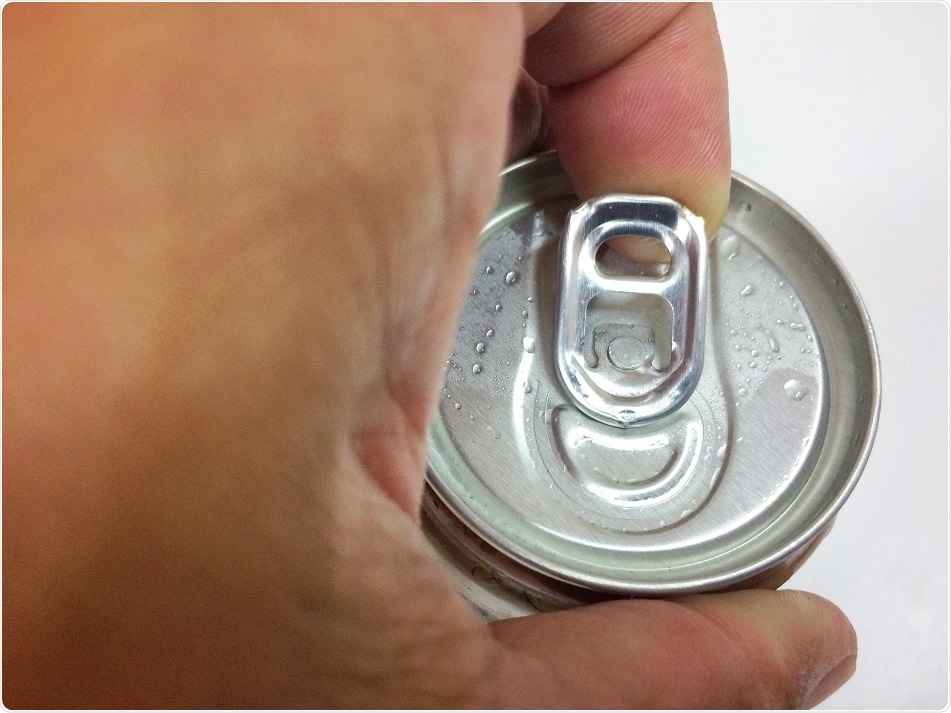One of Britain’s leading teaching unions is calling for schools to be banned from selling energy drinks to children aged under 16 due to the large amount of caffeine they contain.
 Credit: OATFOTOSMILE / Shutterstock.com
Credit: OATFOTOSMILE / Shutterstock.com
The National Association of Schoolmasters/Union of Women Teachers (NASUWT) is describing the drinks as “readily available legal highs” that can cause headaches and palpitations, as well as contributing to poor behaviour.
Teachers have registered concerns with the NASUWT about the contribution of high energy drinks to poor pupil behaviour as a result of pupils consuming excessive quantities of these drinks.”
Darren Northcott, NASUWT
The warning comes following a report from FUSE, the Centre for Transitional Research in Public Health in the North East, showing that children as young as 10 years of age are buying the drinks at a cheaper cost than water and fizzy drinks. The drinks are often sold in promotions that sell four of the drinks for £1.00, meaning children can pool their money and buy the drinks for as little as 25p.
The investigation also found that children were buying the drinks to fit in “or “look tough” − the drinks are often promoted via online adverts, computer games and sports sponsorship.
One 500ml can of energy drink contains about 160 mg caffeine, which is the equivalent of two espresso shots. The European Food Safety Authority recommends 11-year-olds consume no more than 105mg caffeine per day and the cans display warnings that the drinks are "not recommended for children."
The researchers point out that young people in the UK are among the highest consumers of energy drinks, compared with those in other European countries. In the UK, sales of the drinks have increased by 185% between 2006 and 2015, with 672 million liters consumed in 2015 and a total market value of more than £2 billion.
The authors of the report are calling on the government to consider making it illegal for the drinks to be sold to children aged under 16 years on school premises.
"The NASUWT has always been clear that drinks with high levels of sugar should not be sold on school premises. It is time to look again at the School Food Standards, and the enforcement of the standards, to make sure that every school in the country is free of highly-caffeinated soft drinks, as well as those that are high in sugar," says Northcott.